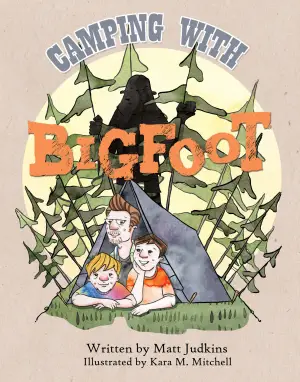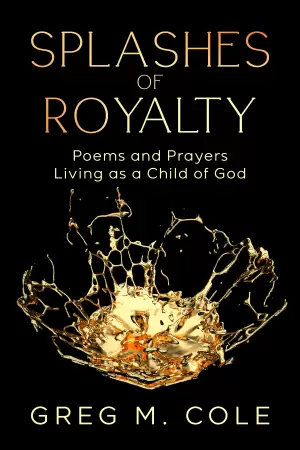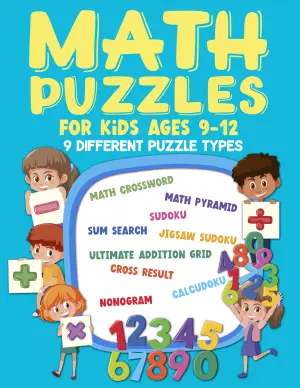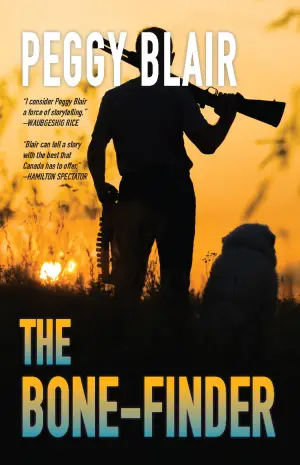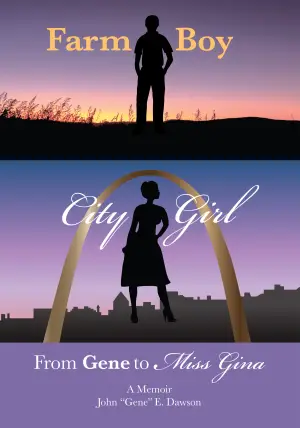Unpacking “Whistle”: A Journey Through Grief and Reclamation
When I first stumbled upon “Whistle” by Lynda Barry, I was drawn in by the intriguing cover and the promise of a story that navigates the labyrinth of grief and recovery. As someone who has often used storytelling as a means of understanding my own emotions, Barry’s work struck me as a potential mirror for our collective struggles with loss and healing. I couldn’t wait to dive into its pages, and I must say, I was not disappointed.
Themes and Characters
“Whistle” is a captivating exploration of the complexities of grief, memory, and the quest for identity. At its heart is the protagonist, a young girl grappling with the sudden death of her mother. Barry masterfully weaves in the nuances of childhood — the innocent yet profound ways children process their feelings. The story not only chronicles her journey of mourning but also illuminates the vivid and often chaotic world around her, filled with eccentric characters that feel both otherworldly and relatable.
Barry’s writing distinctly captures the rawness of emotions. The simple yet poetic language resonates deeply, making you reflect on your own experiences with loss. There’s a significant moment when the protagonist remembers a cherished childhood song; it’s a beautiful testament to the power of music as a vessel for memory and connection. “Whistle” poignantly captures how the echoes of loved ones can linger through music and stories, a theme likely to resonate with anyone who has had to say goodbye.
Writing Style and Pacing
One of the standout aspects of Barry’s writing is her ability to blend the surreal with the tangible. The pacing feels deliberate, allowing ample time for introspection while also propelling the narrative forward with subtle tension. Her use of vibrant imagery and imaginative sequences pulls you into the youthful world of the narrator, making it easy to forget the pain only to be jolted back into reality at pivotal moments.
A notable quote that lingers with me is, “Sometimes, just when you think you’ve lost everything, you’ll find a voice, a whistle in the dark.” This encapsulates the essence of the book; it’s about finding hope and reclaiming joy amidst despair. For readers, this serves as both a comforting reminder and an illuminating call to action — to seek out the small joys even during the darkest times.
Conclusion
“Whistle” is a work that I believe would resonate with a broad audience — from those navigating their grief journeys to readers who appreciate beautiful storytelling that encapsulates the complexity of human emotion. Lynda Barry’s work is not just a narrative; it’s an experience that invites you to pause and reflect, making you contemplate how you respond to loss and recovery in your own life.
Reflecting on my reading experience, I found “Whistle” to be immensely impactful. It reaffirmed that while grief is a journey fraught with challenge, it also holds the potential for rediscovery and connection. For anyone seeking a heartfelt, beautifully rendered narrative exploring the nuances of life and loss, “Whistle” might just be the book to help you find your own voice in the silence.

